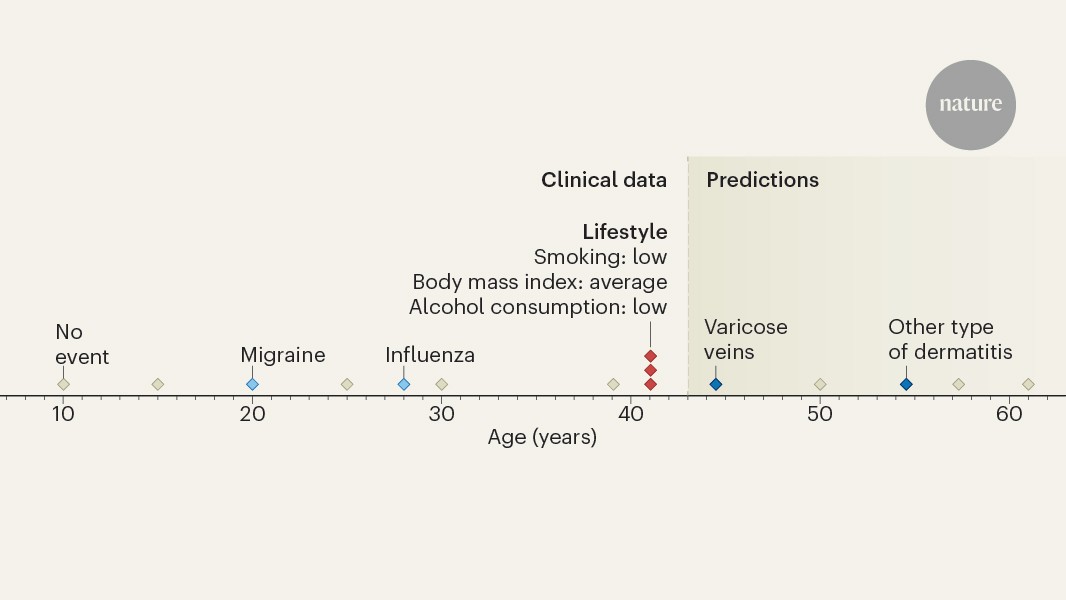
"Artificial intelligence (AI) has long been a focus of science-fiction novels and films, some of which explore the associated ethical and philosophical complications. In the past few years, the technology has moved rapidly from the fictional realm to become a tool with real-world applications, including in health care. Ongoing efforts to use AI to understand and predict the timing of human disease diagnoses might lead to treatment advances as well as medical discoveries."
"Artificial intelligence (AI) has long been a focus of science-fiction novels and films, some of which explore the associated ethical and philosophical complications."
"In the past few years, the technology has moved rapidly from the fictional realm to become a tool with real-world applications, including in health care. Ongoing efforts to use AI to understand and predict the timing of human disease diagnoses might lead to treatment advances as well as medical discoveries."
Artificial intelligence (AI) has long been a focus of science-fiction novels and films, and many portrayals highlight ethical and philosophical complications. In recent years, AI has moved rapidly from fictional settings into practical tools with real-world applications, notably in health care. Ongoing research applies AI to understand and predict the timing of human disease diagnoses. Improved timing predictions could enable earlier, more targeted interventions and accelerate discovery of disease mechanisms. These predictive capabilities have the potential to yield treatment advances and new medical discoveries. Continued progress requires robust machine-learning methods and attention to ethical implications in deployment.
Read at www.nature.com
Unable to calculate read time
Collection
[
|
...
]